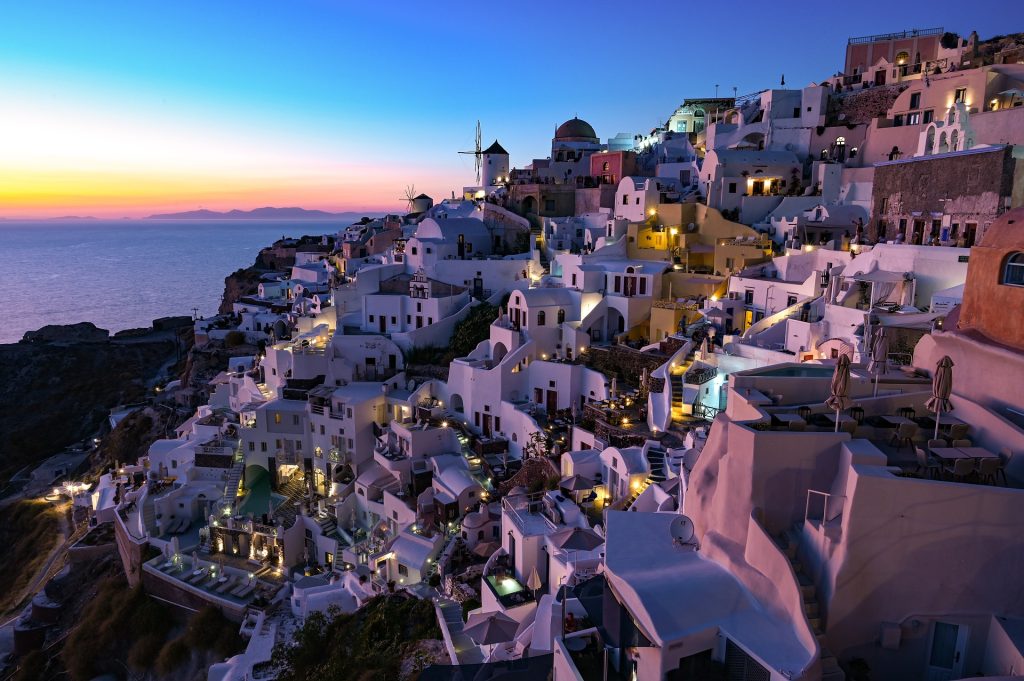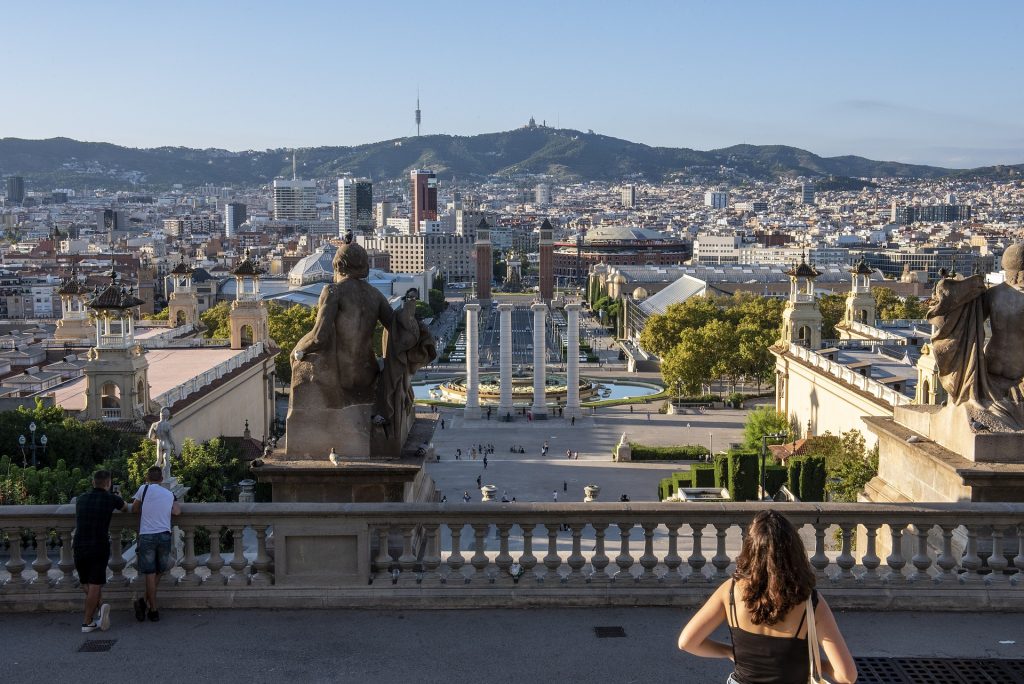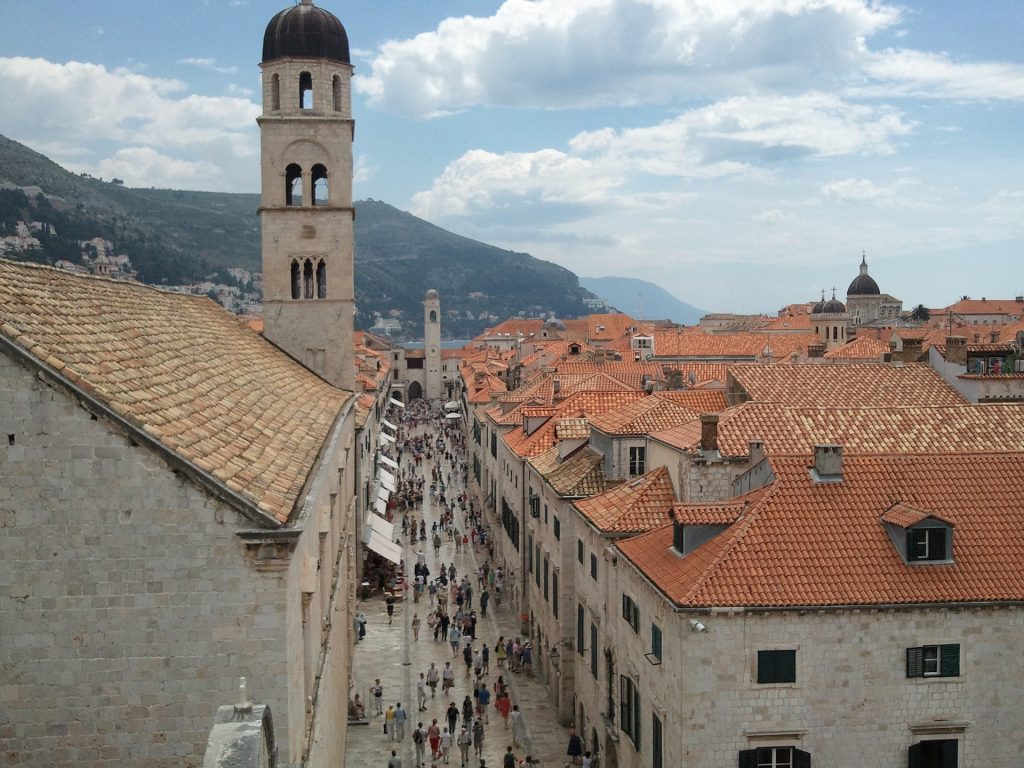August the 9th, 2024 – Croatia has introduced measures against excessive tourism alongside six other countries. Fines can reach up to a staggering 35,000 euros.
As Poslovni Dnevnik writes, multiple European countries have recorded a huge increase in the number of tourists and some locations have started to introduce certain measures to deal with the negative effects, Croatia is now among them.
The British publication The Mirror has presented a list of seven European countries that have introduced new measures to combat the large number of visitors.
italy

In recent years, Italy has implemented various measures to combat the impact of excessive tourism. In Venice, UNESCO warned that there could be “irreparable damage” done to the historic centre and therefore a daily ticket for visitors was introduced. The ticket price is five euros, and this is also the first such case in the world in which a city has begun charging an entrance fee.
Earlier on, the city also banned the docking of huge cruise ships in the city itself. On top of that, additional new rules came into effect in Venice back in June, banning the use of portable speakers for guides and limiting the number of tourists in one tour group to 25 people, reports N1.
Capri is considering installing buoy barriers to prevent ships from sailing too close to the island. The capital city of Rome has also introduced some new rules – tourists are no longer allowed to be topless in the city, eat food that creates a mess or leave a love lock attached anywhere. If a tourist were to commit one of these acts, they could face a heavy fine or be banned from certain top attractions like the Trevi Fountain.
In Sardinia, travellers are being warned not to walk on the pink sand of Spiaggia Rosa. If they ignore it, they face fines ranging from 500 to 35,000 euros. Sardinia has limited the number of tourists allowed on five of its beaches. Back in June, Florence banned Airbnb and the use of short-term private holiday rentals in the city centre.
greece

Since September 2023, Athens has placed limits on the number of visitors to the Acropolis to 20,000 per day, which means that visitors must now book an appointment in advance. Greece has also decided to introduce tickets at certain tourist destinations. The islands of Santorini and Mykonos have also introduced certain measures aimed at reducing the number of travellers on the islands.
spain

The fight against the excessive number of tourists has been one of the main topics in Spain for months, and protests have even been held because of this.
A tourist tax has been introduced in Barcelona, which ranges from 5.25 to 6.75 euros per night. The extra charge is on top of the general tourist tax (currently 3.50 euros) paid to the region and means guests staying at five-star hotels could be forced to pay an extra 47.25 euros (£41) per seven-night stay.
Barcelona also reduced the number of cruise ships last year, and recently the authorities promised to eradicate short-term tourist rentals, including Airbnb, by the end of the decade. They also want to introduce strict new measures to limit the purchase of souvenirs.
croatia and excessive tourism

Dubrovnik is the most common destination in Croatia to have issues with excessive tourism. The southernmost city has introduced various new measures for tourists visiting the UNESCO World Heritage city, including a ban on walking around in bathing suits, driving without a special permit, consuming food and drink around cultural monuments and climbing the city walls.
Fines and criminal charges are foreseen for all the aforementioned acts. Visitors to Dubrovnik must also pay 2.65 euros per person per night spent in the city from April to September each year.
France, Austria and even the Netherlands have also all introduced measures of their own to try to curb excessive tourism.










